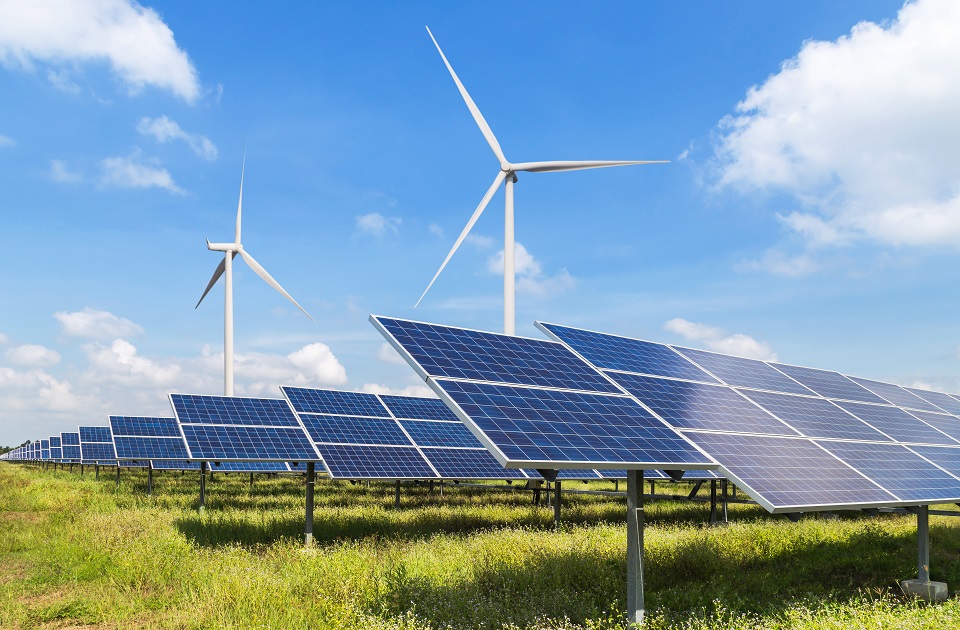
Image: Keele University.
Keele University has signed a 25-year agreement with ENGIE that will see 15,000 solar panels, wind turbines and battery storage installed to support the institution's carbon neutral pledge.
The renewables will collectively provide up to 50% of the campus’s electricity needs when constructed, with any excess electricity fed back into the local grid. The battery will help to provide balancing services for the local and national electricity networks, the university noted.
ENGIE will fund, design, build and operate the multi-technology energy park, with the ground-mount solar panels, two wind turbines and industrial size battery housed in fields on the edge of the campus.
The partnership forms part of Keele University’s response to the climate change agenda, with ENGIE set to provide subsidy-free clean, renewable energy, to help it reach its carbon neutral by 2030 pledge.
Professor Mark Ormerod, deputy vice-chancellor and provost at Keele University said the major low carbon energy project was a “hugely exciting development” for the university.
“Having significant renewable energy generation on our campus has been a strategic ambition for several years as a key component of our very ambitious low carbon sustainability vision for Keele.
“Having this level of on-site low carbon energy generation directly coupled to being Europe's largest smart energy network demonstrator will not only deliver a very substantial reduction in our carbon emissions as we strive to become a zero-carbon campus, it will provide an outstanding demonstration of smart and low carbon energy technologies.”
The university is targeting decarbonisation through a number of paths, and is also included in the landmark HyDeploy project, the first practical experiment in the UK involving blending hydrogen and natural gas, as well as the Smart Energy Network Demonstrator (SEND) project involving the largest integrated electricity and heat network in Europe.
Keele University’s partnership with ENGIE, and other environmental projects, are being led by its Institute for Sustainable Futures.
Carl Foreman, head of Renewables for ENGIE UK & Ireland, added that the university is “trailblazing change” in both education and the green agenda.
” Universities spend huge sums on utility bills every year and this progressive energy park scheme will offer an exemplar in low carbon energy generation for higher education estates.
“Our business is centred on finding profitable, zero carbon solutions for our clients in both the public and private sector and this project offers a prime opportunity to showcase our capabilities. We will own and operate the energy park through its 25-year life span and that investment demonstrates our commitment to the success of the scheme.”
Keele University first set its sights on onsite solar way back in 2013, when it announced it was installed a 50kWp array on its halls of residence.

